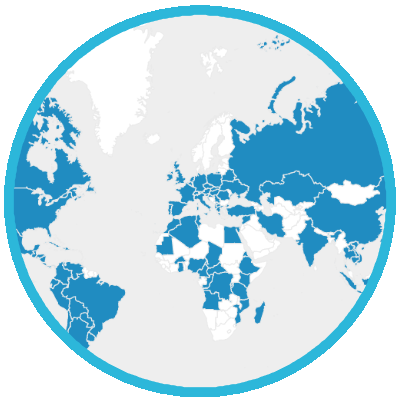Mending Blessing
O my friend, take heart.
The work of repair is aching in its slowness and beautiful in the inches by which it will arrive.
Do not pray to be patient but to persist. Ask for the endurance that helps us learn to breathe in the midst of fear, to love in the presence of sorrow, to dream within the rending of the world that might be made.
Jan Richardson
I read this blessing some days ago and I brought it closer to the advocacy work we implement at the United Nations, this work is aching in its slowness and beautiful in the inches it will arrive.
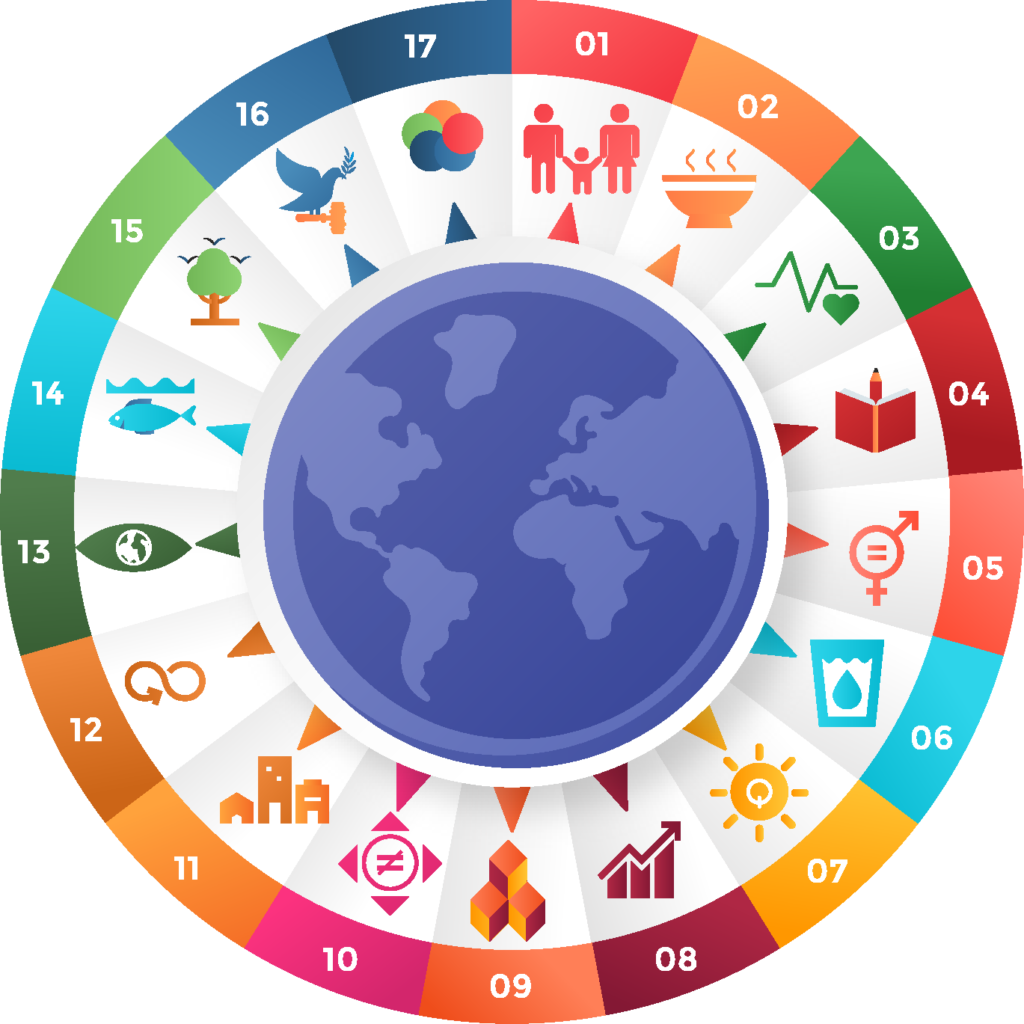
At the dawn of this new year, it is difficult not to take stock of the past year.
I grasped the magnitude of the 2030 Agenda and its 17 Sustainable Development Goals https://sdgs.un.org/goals . They recognize that ending poverty and other deprivations must go hand-in-hand with strategies that improve health and education, reduce inequality, and spur economic growth – all while tackling climate change and working to preserve our oceans and forests. I began to wonder how any individual NGO could possibly succeed in implementing them… Implementing the goals is a huge question, but I think if we’re saying that people are at the center of the agenda and every person is important, then we Daughters of Charity are already implementing these goals.
No work can be done here unless one is connected, on multiple levels. Connected in terms of NGO committees, groups, UN agencies and connected in terms of Member States. The relational aspect of the work is the most important, where we can enter into trusting relationship to discuss issues that really matter. Collaborating with people who have expertise, gifts and talents is very important in terms of our advocacy work.
We live in a world of worry. The ongoing Covid-19 pandemic, having driven reversals in human development in almost every country, continues to spin off variants unpredictably. War in Ukraine and elsewhere has created more human suffering. Record-breaking temperatures, fires, storms and floods sound the alarm of planetary systems increasingly out of whack. Together, they are fueling a cost-of-living crisis felt around the world, painting a picture of uncertain times and unsettled lives. Uncertainty is not new, but its dimensions are taking ominous new forms today. A new “uncertainty complex” is emerging, never before seen in human history. Constituting it are three volatile and interacting strands: the destabilizing planetary pressures and inequalities of the Anthropocene, the pursuit of sweeping societal transformations to ease those pressures and the widespread and intensifying polarization. This new uncertainty complex and each new crisis it spawns are impeding human development and unsettling lives the world over; democratic backsliding has worsened. There is peril in new uncertainties, in the insecurity, polarization and demagoguery that grip many countries. But there is promise, too—an opportunity to reimagine the future, to renew and adapt the institutions and to craft new stories about who we are and what we value.
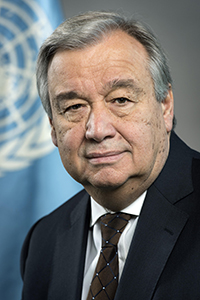
Secretary-General Gutierrez’s opening remarks at the End of Year press conference stated that together, let us adopt and deliver an ambitious framework- a peace pact with nature – and pass on a better, greener, bluer, and more sustainable world to our children. We need all hands-on deck for faster, bolder, climate action. A window of opportunity remains open, but only a narrow shaft of light remains.
“ I am more determined than ever to make 2023 a year for peace, a year for action.
We can’t accept things as they are.
We owe it to people to find solutions, to fight back and to act.
At times, discreetly but always with determination – we will fight back.
To promote peace and security.
To advance the Sustainable Development Goals and address inequalities.
To reform a morally bankrupt international financial system.
To ensure human rights for all as we mark next year’s 75th anniversary of the Universal Declaration of Human Rights.
And to deliver a livable planet to our children and grandchildren.”
Other articles
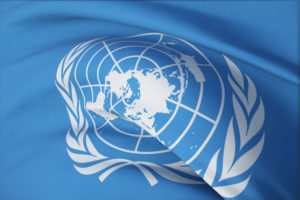
Human Trafficking: “The open wound on the body of our contemporary society”
According to Pope Francis, “Human trafficking is an open wound on the body of contemporary society, a scourge upon the body of Christ. It is
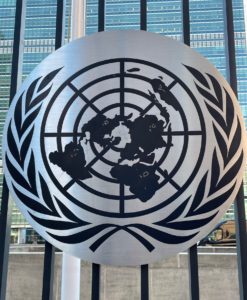
Leave no one behind
“Leave no one behind” has become the moto, the focus of every meeting at the United Nations. The phrase reminds
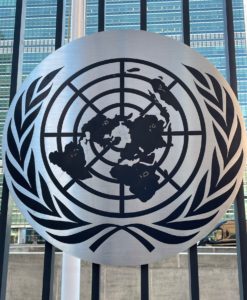
Be the change you want to see in the world!
Blessed Easter Season to each of you! It is certainly a busy time around the UN, as more and more

Our planet is still in the emergency room
At the opening of the Climate Implementation Summit at COP27 in Sharm el-Sheikh, Egypt, the UN Secretary General António Guterres


